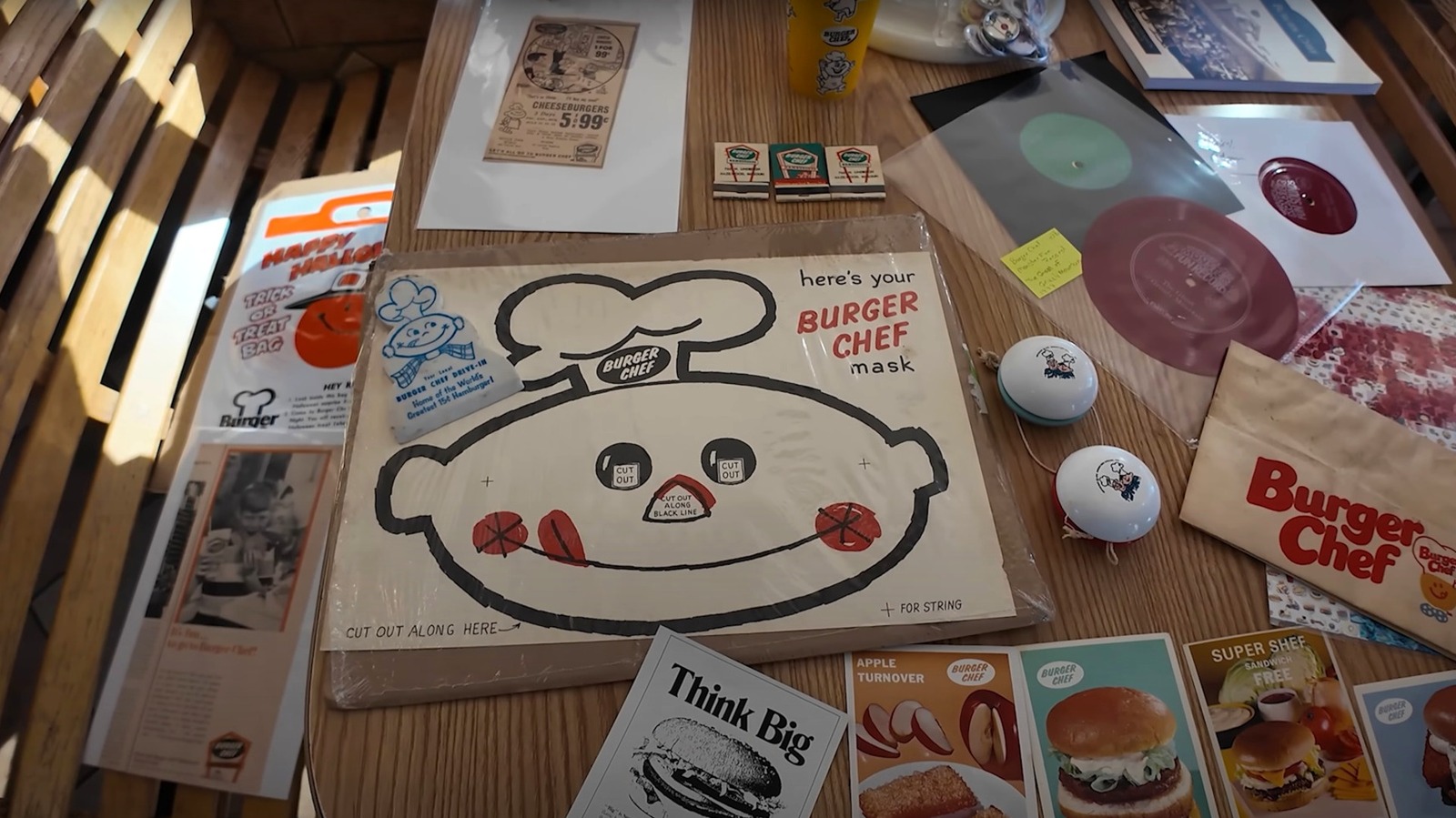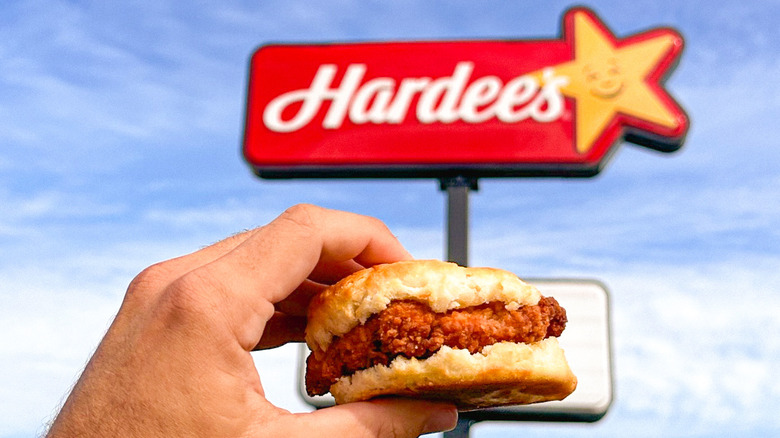Some restaurant chains are able to keep up with a rapidly changing market and stand the test of time, while others fall away to history, like Howard Johnson’s. Sometimes, even the biggest players aren’t safe, as evidenced by the now-defunct Burger Chef. Before it kicked the bucket, it was bought out by rival Hardee’s. Yet in its heyday, it rivaled McDonald’s and Burger King, and it even innovated some fast-food staples that remain today.
Burger Chef started in Indianapolis, 1958, when brothers Donald and Frank Thomas wanted to show off the equipment that their parent company made. They felt that if consumers, and maybe even competitors, could see how effective they were, that it would drum up business, and everyone would be a winner. Turns out that they were sitting on a gold mine, and by 1971, they had over 1200 locations across the nation. At the time, only McDonald’s had more. Their money-maker was the flame broiler, which their parent company, General Equipment, actually patented. While there are plenty of mistakes you can make with a broiler, the burgers had a distinctive, smoky, juicy, and grilled taste that captivated consumers. If you wish that you’d tried it, don’t worry, Burger King actually uses the same method.
The chain made another significant contribution to the industry — the kids’ meal. Burger Chef saw the success of their Funburger, a kids’ burger containing puzzles on the packaging and a toy, and decided to expand the idea. They developed the Funmeal, a cute box covered in cartoon characters, riddles, and games, containing a burger, fries, a drink, and a toy. Now, it’s a staple, but back then, it was an innovation that led to a number of legal issues when other brands wanted a piece of the action.
The fall of Burger Chef
There were a number of factors that contributed to Burger Chef’s closing. In 1968, General Foods bought the company and continued expanding it, even opening a few locations in Australia. Unfortunately, the chain didn’t take off internationally, and the whole endeavor ended up losing a considerable amount of money. As the brand grew, it faced intense competition from Burger King and McDonald’s, who had introduced the Happy Meal despite Burger Chef’s best legal efforts to prevent this. The meals were tasty and the prices fair, but the chain just didn’t have a strong enough identity in a market where brand loyalty was key.
Then came the tragedy. In late 1978, four young Burger Chef employees were kidnapped and murdered in Indiana. The news made national headlines, and the publicity did not work in the chain’s favor. In 1982, General Foods called it a day and sold the chain to Imasco, which also owned Hardee’s. Many of the locations were converted, but the rest simply closed. The last location to close was in Tennessee in 1996. Hardee’s did actually pay homage to Burger Chef in 2001, 2007, and 2014. In some Midwest locations (where Burger Chef had its largest market), the burger, the Big Shef, was reintroduced as a limited-time offer. Patrons remembered this as Burger Chef’s signature burger, and each time it was a hit.






